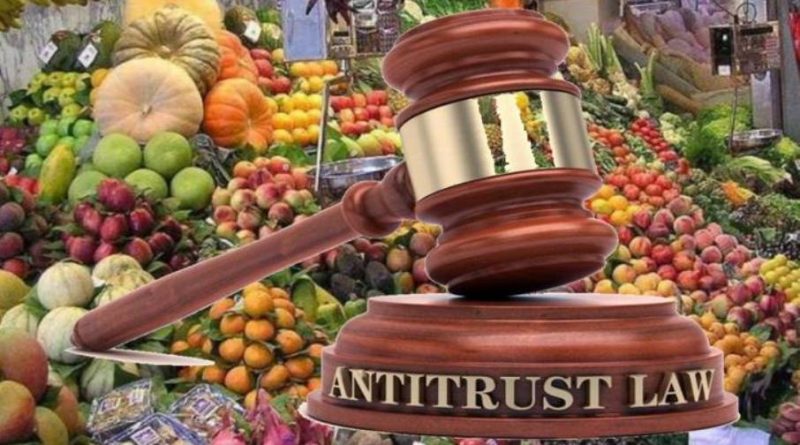Antitrust to combat the loss of biodiversity
Antitrust to combat the loss of biodiversity
In a century in our country every 4 varieties of fruit one has disappeared forever. This is the result of a specialization of agricultural production, approved by the needs dictated by the GDO, and the abandonment of consociations, diversification of production and abandonment of marginal agricultural areas. In our country, around 8,000 varieties of fruit could be counted in the last century; today there are just under 2,000 varieties, of which 1,500 are considered at risk of disappearance.
That’s why politics must set rules and rules that determine an antitrust for abuse of the GDO’s position, and its commercial needs, which are generating a standardization of productions at the international level. Remaining in Italy, all this is putting at risk not only the agricultural genetic heritage, with its varieties, its genomes, the traditional seeds and a whole tradition and knowledge wisely kept for centuries by generations of farmers.
A danger that does not only affect biodiversity and therefore the ability of the environment to give “food energy” but also for the increasingly poor and therefore unhealthy diet. The need for an international antitrust to avert an ecological catastrophe of immense proportions that is seriously undermining not only biodiversity but also food sovereignty.
A loss of food sovereignty and biodiversity is more worrying than what these numbers could make us understand why the trend is exponential and agricultural policies have not focused carefully on this aspect.
Above all since the beginnings of the so-called Green Revolution, following the 1960 Treaty of Rome, we have undergone a loss of biodiversity, a loss affecting the entire agricultural and breeding system with the risk of extinction, which extends from cultivated plants to bred animals.
On the horizon, fortunately, a new agricultural ferment linked to the interest of young people who must however be educated and routed to an agriculture that pursues income on terms that safeguard biodiversity and the unavoidable principles of agroecology.
It is therefore necessary the birth of a new agricultural policy that, as in a Constitution, defines new principles and new rules, without which, we will witness an increasingly troubling impoverishment of our culture, biodiversity, economy and all spheres. of the future society.
These principles and norms must distance themselves from a false liberalism clothed in nothing and far from all the rules that from the beginning of time support our Universe: from the micro to the macro and visible in all aspects of our lives.
Guido Bissanti

